The Chicken and the Egg: Bitcoin's Causality Dilemma
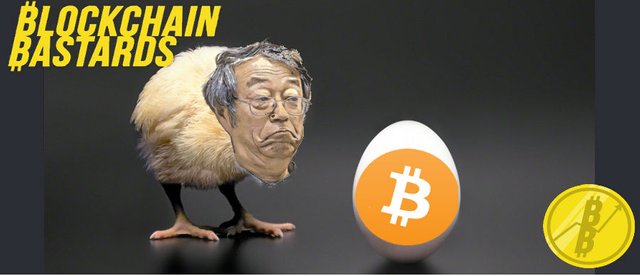
Which came first, the medium of exchange, or the store of value?
It’s the question that’s plaguing the crypto community right now. There has been a lot of debate between anthropologists about this issue. It also precipitates another set of questions:
Is Bitcoin a store of value? Or a medium of exchange?
As is the case with other false dichotomies, the answer is nuanced.
The Narrative

On a recent episode of Anthony Pompliano’s podcast, Off The Chain, Meltem Demirors describes “narratives” as the stories we tell ourselves. One of the popular narratives in the crypto world is “Bitcoin is a store of value.”
On the surface, that’s an absurd belief. Bitcoin has lost 60% of its value YTD and often sees double digit weekly volatility. On the other hand, from a broader perspective, it’s well-supported. Bitcoin has seen a nearly 100% compound annual growth since it was listed.
The opposing perspective is “Bitcoin is a medium of exchange.” To understand the original intent for Bitcoin, one needs to look no further than the Bitcoin whitepaper, entitled “Bitcoin: Peer-to-Peer Electronic Cash System,” emphasis added. Satoshi Nakamoto’s first description of Bitcoin was as a medium of exchange.
Store of Value
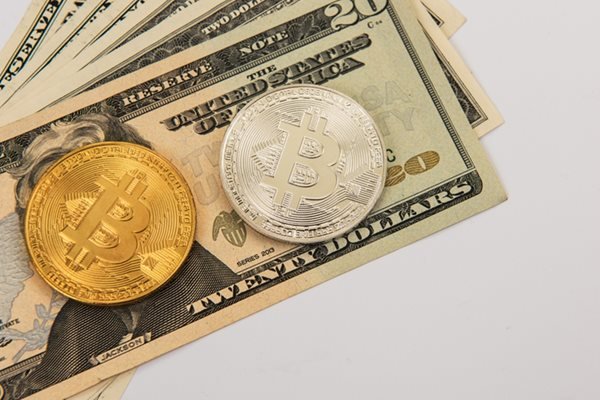
Whether it’s brevity or the hard cap of 280 characters that we’re aiming for on Twitter, crypto debates tend to be reductionistic. After several heated tweets back and forth, the narrative “Bitcoin is a store of value” is frequently clarified to: “Bitcoin has properties similar to existing stores of value, and has the ability to be a store of value itself on a longer time scale with its current trajectory.”
These heated debates don’t often reach resolution, but there is certainly resolve found in both parties who readily and jointly declare that the other’s defense is rooted in dogmatic support of a scam coin. Far before clarifying definitions of opponents’ arguments, CryptoTwitter™ contributors often skip defining their own terms.
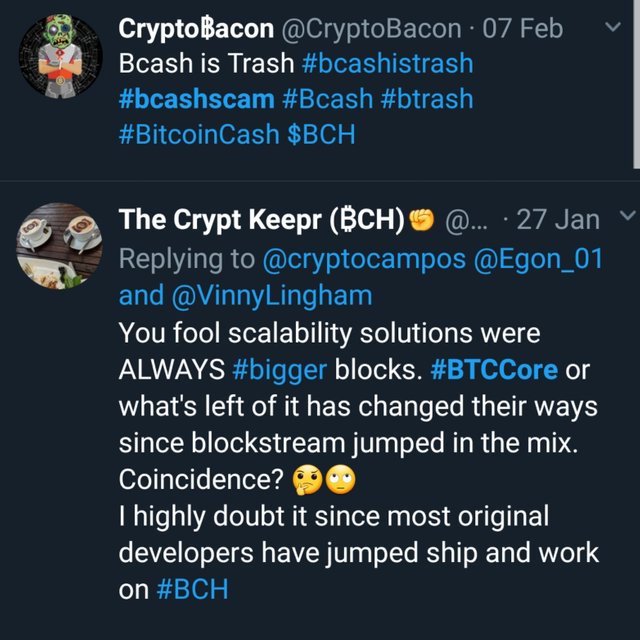
Anything with value can act as a store of value. We’ll define a good store of value as an asset that doesn’t depreciate (in form, function, or value): one that’s scarce, and liquid.
Bitcoin: Digital Gold?
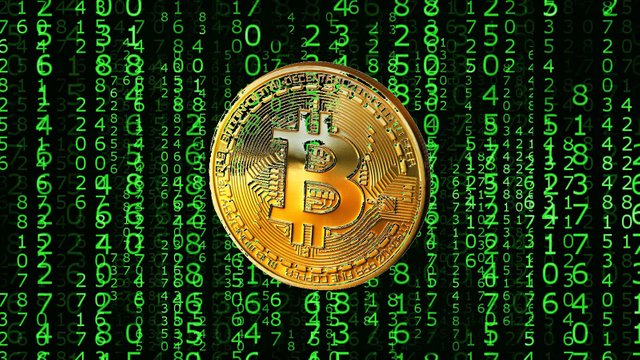
Gold has been a store of value for quite some time. It possesses each of the qualities mentioned above, and a few more that have made it more convenient as a store of value; gold’s fungibility, malleability, and ease of transport gave it an edge over seashells, cattle, and other metals.
Bitcoin shares some of these properties. It also improves on a few. Bitcoin is more scarce, more easily verified, and much easier to transport than gold. Furthermore, it’s more secure. Bitcoin is virtually impossible to seize.
Still, in some ways gold’s value proposition as a store of value is stronger than Bitcoin’s. This is in large part because Bitcoin's value proposition as a store of value is less enticing than a few years ago.
Medium of Exchange
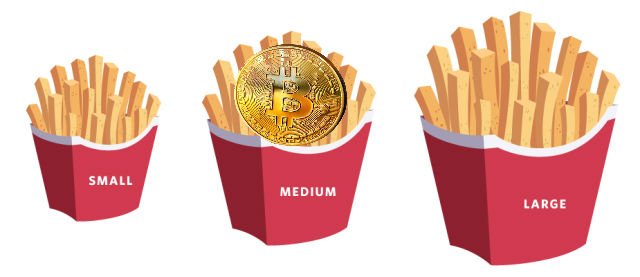
In the opposing camp, proponents of Bitcoin as primarily a medium of exchange point to Gresham’s Law. A corollary to Gresham’s Law is that the best money will be demanded as a medium of exchange.
Those emphasizing this point highlight Bitcoin’s ability to be used as a medium of exchange. Bitcoin’s use from 2010 through 2014 enabled Bitcoin to accrue value to begin with, with periodic purchases of Bitcoin moving the market.
Fundamentally though, these functions are intertwined. It doesn’t make sense to have one without the other. This debate is most often played out between supporters of BTC and BCH. Ironically though, both coins lack properties that initially drove demand for Bitcoin.
A (shrinking) majority in cryptocurrency assert that Bitcoin is a store of value, but Bitcoin has been stripped of its utility, and utility is ultimately what gives anything value.
Bitcoin has been severely crippled. Bitcoin is tulips compared to what it used to be for its users. The difference between Bitcoin’s previous value proposition and the way it’s been pitched now speaks volumes.
Historical Returns
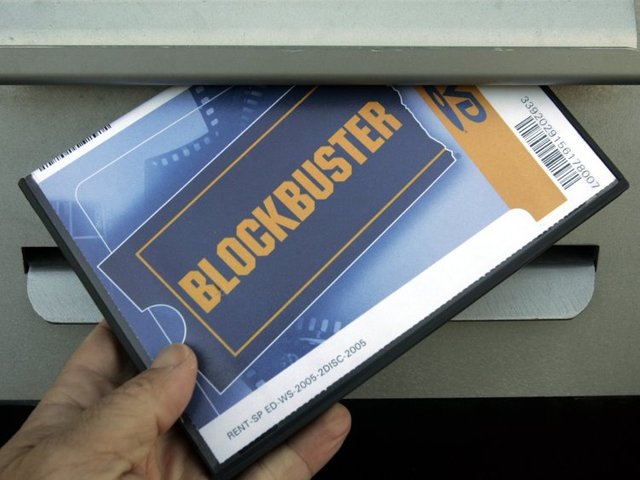
Bitcoin’s outstanding Sharpe Ratio and historical returns are outdated. They were based on variables which are no longer relevant. Utility stemming from Bitcoin’s properties drove adoption to begin with. Bitcoin lacks these properties today: namely, anonymity, and the ability to quickly and cheaply process transactions.
“Bitcoin as an anonymous, secure internet currency was a slam dunk. Bitcoin as an uncorrelated asset is the Pascal’s Wager of our time.”
The fallacious gamble of buying a Bitcoin stripped of its utility is not immediately evident. Other “stores of value” in human history have held purchasing power beyond their utility.
“Store of value” narrative adherents point to gold, drawing parallels with Bitcoin. Two fundamental differences make Bitcoin a less-than-adequate analog to gold. First, gold still has its former utility. Second, it has a track record of a reliable store of value spanning millennia. Bitcoin has less than a decade.
Parallels with the dollar are even less convincing. The dollar has a 50 year track record as a fiat currency. Its shortcomings are the reason Satoshi created Bitcoin in the first place. Not that we all have to be AnCaps, but there’s a certain understanding of economic history that comes with the territory.
Currency Competition

While Bitcoin has lost its utility as an anonymous means of payment. It’s saving grace may be in its competitors. Blockchain technology enables truly free markets. Through competition, free markets ruthlessly eliminate inefficiencies. Because currency is now subject to competition, the currency that wins will be the most adaptable to demands of its users.
It’s certainly possible for Bitcoin to temporarily retain value through a network effect. However, stripped of utility, Bitcoin can only campaign on network effect and future promises. So far, it’s failed to deliver.
Its value proposition resembles that of a collectible or a keepsake. Forced to compete, it will be discarded by users demanding greater utility, and by investors chasing the returns that inevitably accrue to currencies which satisfy a large target market.
- Nate Henderson (@CryptoNate12 on twitter)
Like our fellow Bastard Nate's work? You can check out other content from him @ eatsleepcrypto.com
Peace, Love, Anarchy,
